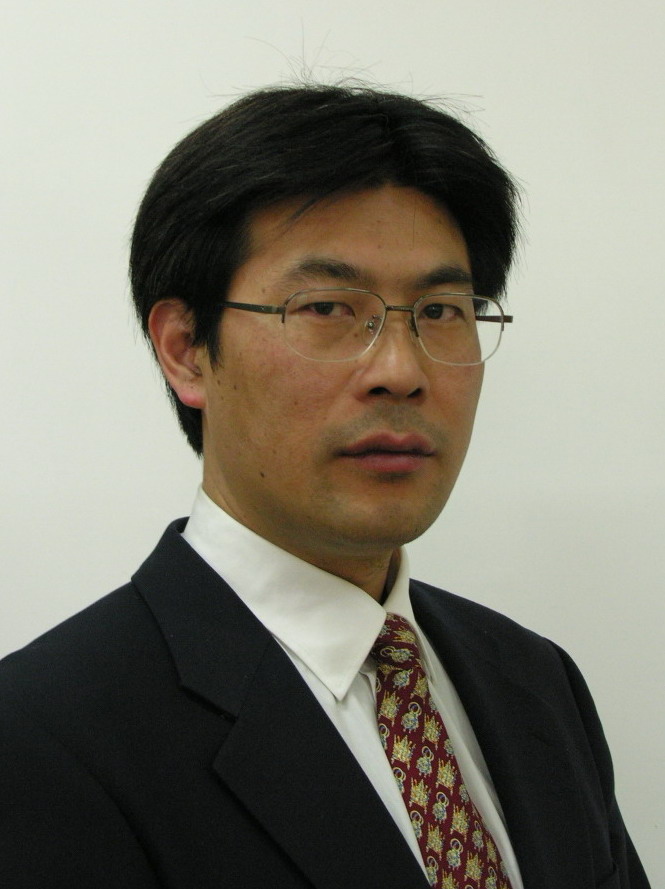Invited Speakers of VECoS 2017
Measuring and Enhancing Smart Grid Security
Mourad Debbabi, Concordia University, Montreal, Canada

Abstract: By massively deploying information and pervasive communication technologies, the smart grid has become smarter by providing a plethora of previously unsupported services (e.g., smart control, two-way communication, bidirectional flow of energy, and real-time sensing) in addition to enhanced responsiveness and efficiency. However, the deployment of information and communication technologies introduces new attack surfaces and vulnerabilities. The exploitation of these vulnerabilities will result in dramatic security, privacy and, safety consequences. Recent incidents and studies demonstrate that power systems could be subjected to debilitating and disrupting attacks that might lead to severe social and economic consequences. In this talk, we will first present our ongoing research activities on smart grid security. Then, we will present some of our recent research contributions in terms of security metrics for the smart grid.
Live Run-Time Verification of Parallel Heterogeneous Real-Time Systems
Michel Dagenais, Polytechnique Montreal, Canada

Abstract: What are the most difficult systems to analyse (Parallel, Heterogeneous, Real-time, Virtualised...) and the most evasive problems to diagnose (races, interrupt latencies)? Our group has been working on tools for those difficult situations for over a decade. Many if not most systems are now indeed parallel and heterogeneous (from smart phones to cloud servers) and often involve virtualisation or real-time constraints. Therefore, difficult problems, which only manifest themselves in live systems, in production under full load, are a common occurrence. While structured design methodologies and static validation can avoid many problems, errors remain possible, often in hardware or third-party software which do not satisfy the design constraints. The right tools are needed to tackle those problems. During this talk, the design and implementation of various tracing and debugging tools, many developed in our group in collaboration with several industrial partners, will be discussed. Representative examples of real industrial problems will be presented, along with the diagnosis process using the tools described.
Deadlock Analysis and Control of Resource Allocation Systems: Structural and Reachability Graph Approaches
Zhiwu Li, Systems Control & Automation Laboratory, Xidian University, Xian, China

Abstract: This talk exposes the recent advances of deadlock problems in resource allocation systems using Petri nets. The pertinent methodologies are categorized by structural analysis and reachability graph analysis techniques. The former, without enumerating the reachable states of a system, utilize structural objects to derive a liveness-enforcing supervisor, while its structure can be compact. The latter can usually lead to an optimal supervisor with a minimal control structure subject to a full state enumeration and solution to integer linear programming problems. Open issues in this area are outlined.